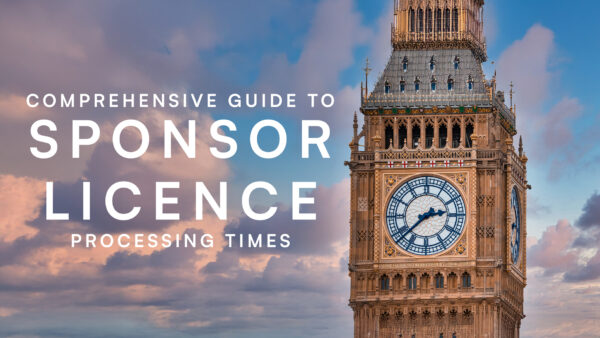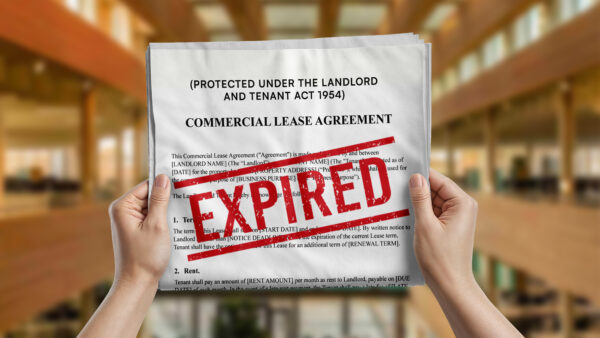The legal grey zones in cryptocurrencies have been an underlying concern for investors and the public. The struggle to regulate cryptocurrencies exposes crypto owners to risk of theft by cybercriminals, with a record of approximately $3 billion worth of cryptocurrency being stolen in 2022.
With over 2 million people in the UK who are possessing and using cryptocurrency, the UK legal system is trying to catch up. Crypto theft victims can now seek to recover their lost assets through the legal proceedings via the civil courts.In this article, we will discuss the recent two High Court cases demonstrating the ability of the Courts in England and Wales to flexibly apply the law to issues arising out of crypto asset transactions.
If You Can Trace Back Your Crypto You Can Keep It
In Jones v Persons Unknown [2022] EWHC 2543 (Comm), the Claimant had been fraudulently convinced to transfer 89.61616088 in Bitcoins to a fake crypto-investment platform. His Bitcoins were traced to a wallet associated with the company Huobi, a Seychelles-based cryptocurrency exchange. A worldwide freezing injunction was obtained against the persons unknown and a proprietary injunction against Huobi.
Due to the complexity of the Defendants in this case, it is helpful to set out who they are individually:
- First Defendant (Persons Unknown)- the people or companies who fraudulently obtained access to the Claimant’s bitcoin accounts between 22 January 2019 and 10 January 2020 and conducted the transactions which transferred the cryptocurrencies held in those accounts to other accounts.
- Second Defendant (Persons Unknown) – The people or companies who own or control the accounts into which the Bitcoin was transferred for less than full value.
- Third Defendant (Persons Unknown) – The people or companies who are innocent receivers who have no reasonable grounds for thinking that what has appeared in their account belonged to the Claimant)
- Fourth Defendant – Huobi Global Limited
The Court was asked to decide on the following:
- An application for a summary judgement against the First, Second, and Fourth Defendants.
- An order for delivery-up of Bitcoin from the Fourth Defendant.
- Maintenance of the interim proprietary and non-proprietary injunctions, and a final proprietary injunction preventing the disposal of the Claimant’s Bitcoin.
- The service of an out-of-jurisdiction order on the First, Second, and Fourth Defendants.
- Permission for service to the First, Second, and Fourth Defendants by an air-drop of a non-fungible token into the Fourth Defendant’s wallet.
The High Court ruled that the Claimant was entitled to judgement against the fraudsters for deceit and unjust enrichment. Therefore, he was eligible to have the Bitcoin, or its value equivalent, returned. In addition, Huobi was declared a constructive trustee in respect of the fraudulently transferred Bitcoin and so the Claimant was entitled to an order for the delivery-up of his Bitcoin by Huobi.
How Disclosure Application Can Help Identify Thieves
In LMN v Bitflyer Holdings Inc [2022] EWHC 2954 (Comm), the hackers transferred millions of dollars’ worth of cryptocurrency from the Claimant’s computer systems in 2020. An expert traced the cryptocurrency transfer through 26 recipient exchange addresses and discovered that these exchanges were all operated by one of the Defendants or companies belonging to the same group. Furthermore, the exchanges were located in several foreign jurisdictions.
In order to further trace the misappropriated cryptocurrency, the Claimant required ‘Know Your Client’ and other anti-money laundering information from the various exchanges and third parties.
The Court granted the information orders sought by the Claimant, relying on two strands of case law authority, namely;
- Norwich Pharmacal Co v Comrs of Customs and Excise [1974] AC 133
- Bankers Trust Co v Shapira [1980] 1 WLR 1274.
The latter’s jurisdiction arises when there is robust evidence that the Claimant’s property has been misappropriated. Norwich Pharmacal “allowed a claimant to seek disclosure from an “involved” third party who had information enabling the claimant to identify a wrongdoer so as to be in a position to bring an action against the wrongdoer where otherwise he would not be able to do so” [para 18].
In addition, Bitflyer Holdings is one of the first decisions in which the Court has granted permission to serve proceedings outside the jurisdiction under the new Gateway for Information Orders (GIO). These orders were introduced in October 2022 to facilitate the making of Norwich Pharmacal and Bankers Trust applications against Defendants overseas. GIO apply where there is an application for disclosure in order to obtain information regarding the true identity of a potential Defendant and/or what has become of the Claimant’s property, with a view to issuing proceedings that are intended to be commenced in England and Wales.
What These Decisions Mean For Cryptocurrency Litigants
Both these decisions are incredibly important in the Wild West environment of cryptocurrency. One of the advantages of trading in cryptocurrency is the elevated level of anonymity it provides. The other side of this is that fraudsters, money launderers, and other shady characters are drawn to cryptocurrency like moths to a flame. These decisions highlight that English Courts are not only willing to treat cryptocurrency as a form of property and to make orders aimed at assisting the recovery of stolen cryptocurrency, but they are also alive to the fact that the law must move quickly to protect Claimants’ rights, especially when Parliament may be slower to legislate. Ultimately, these decisions confirm both that England and Wales is a favourable jurisdiction for those conducting business that involves crypto assets and that, should fraud take place, there are strategies available to seek a recovery.
Quastels LLP has the expertise to protect and recover your digital assets. For legal advice on protecting your digital assets, please call +44 (0)20 7908 2525.









